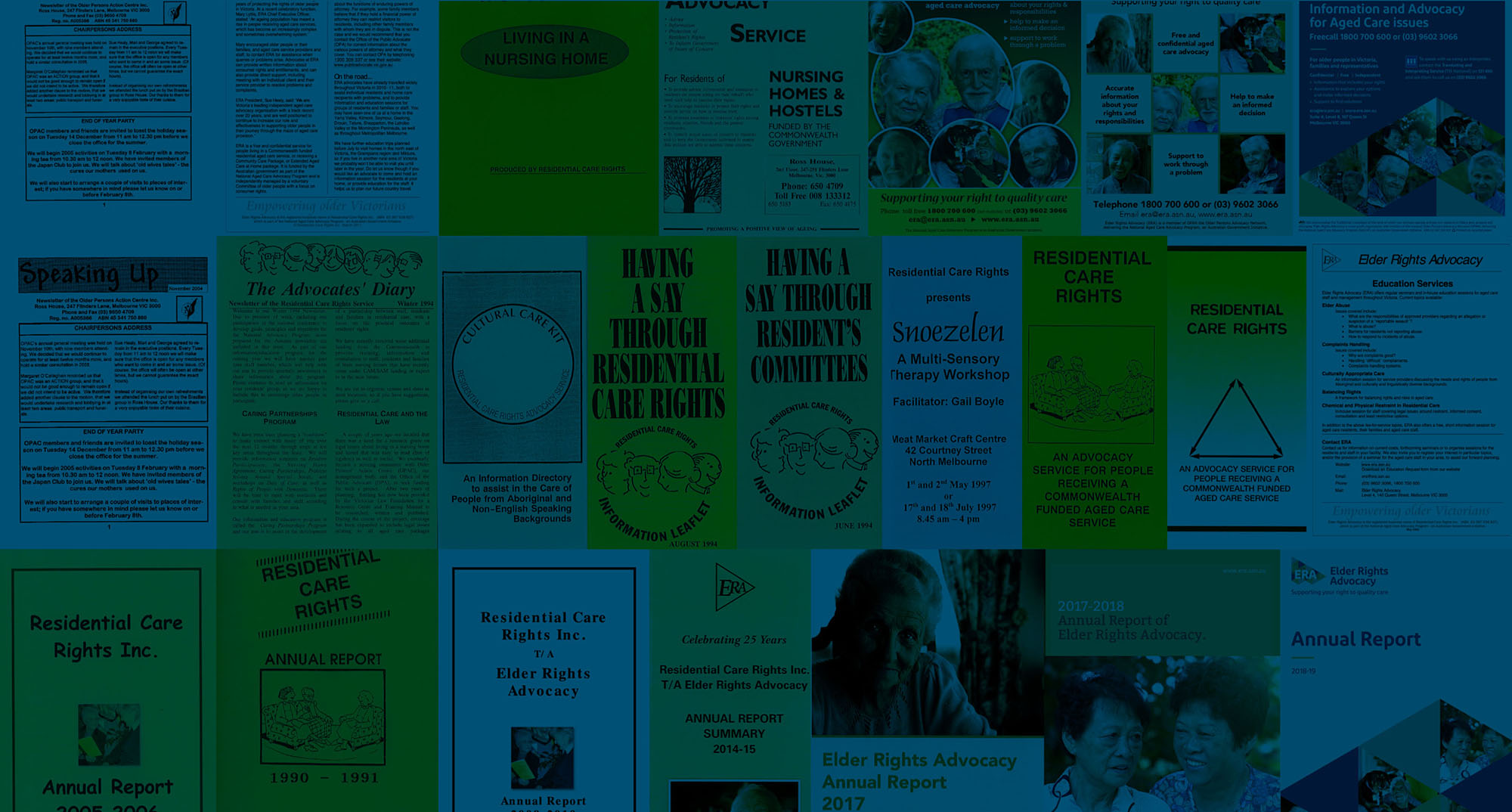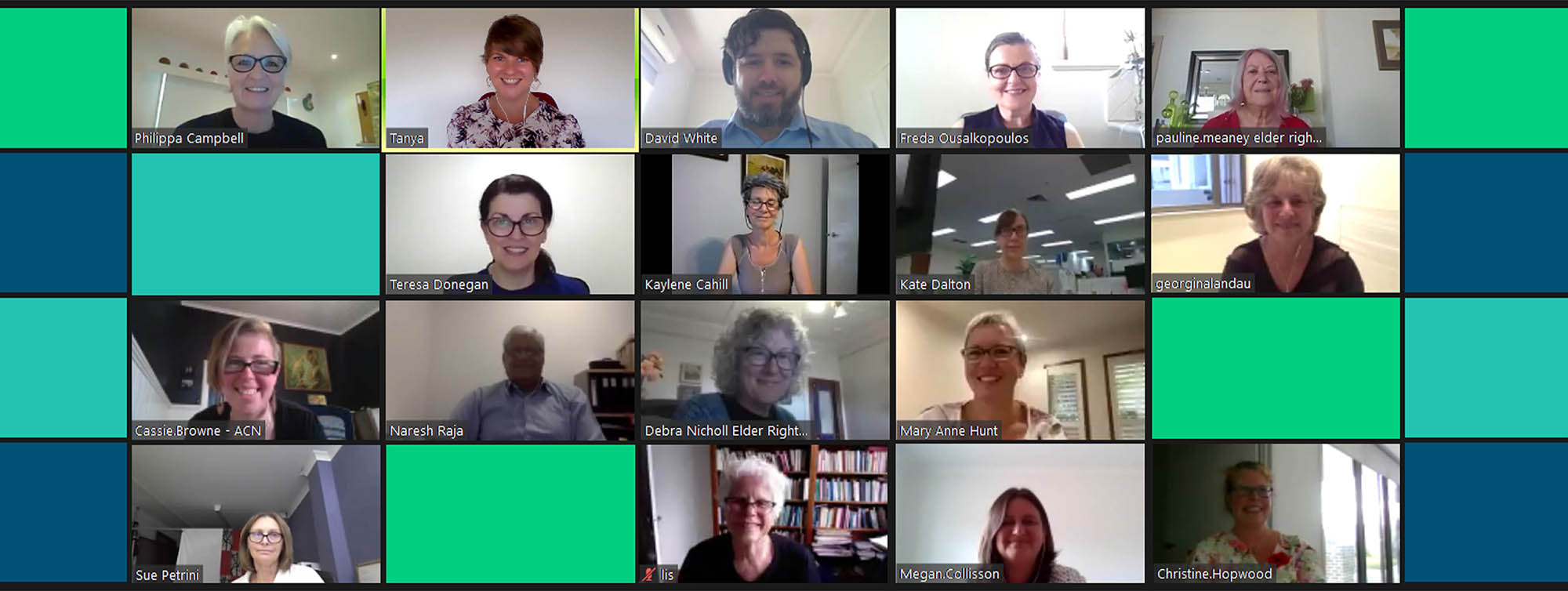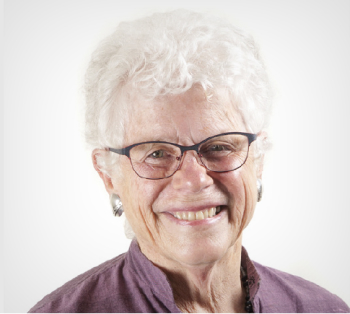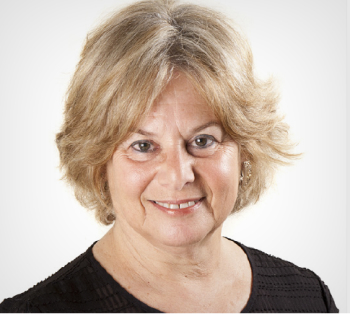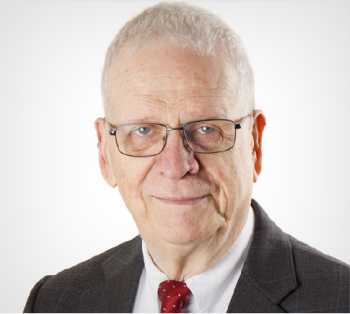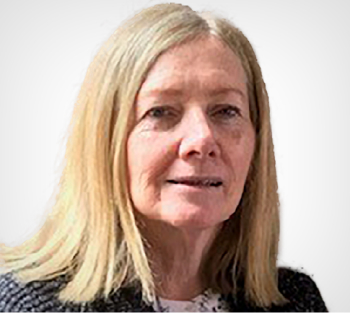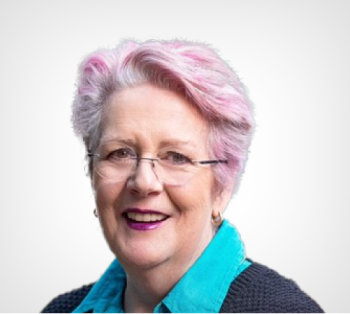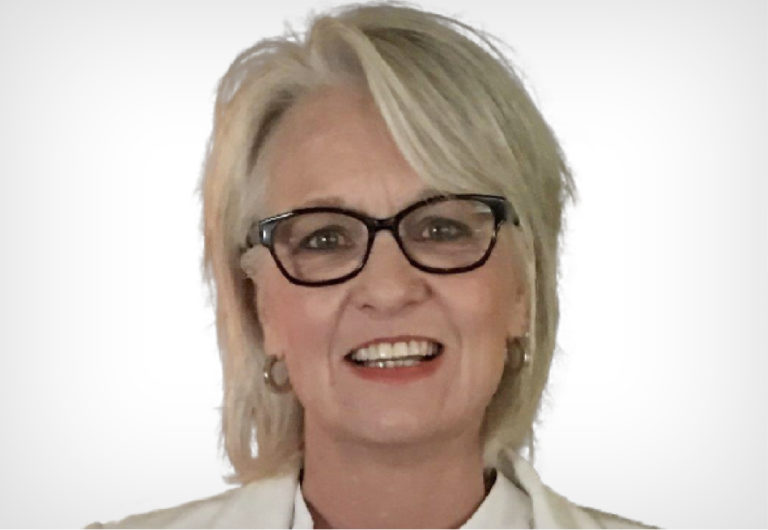Welcome to our 2020–2021 Annual Report
The 2020–2021 Financial Year marked the 30th Anniversary of Elder Rights Advocacy, which was originally established as Residential Care Rights in July 1990. This report celebrates the work of the past 30 years and highlights our activities during the 2020–2021 financial year.
Once again, the COVID-19 pandemic was the backdrop to a challenging year which highlighted the issues in residential aged care and the effects of isolation and loneliness on many older people. The year also saw the release of the final report for the Royal Commission into aged care which included 148 wide-ranging recommendations for the fundamental reform of the aged care system. These events from the past year make us more determined than ever to do what we do best: empower and support older Victorians to stay in control, stay connected, make informed decisions, plan ahead and – most importantly – uphold their rights. Our knowledge, skills, services and staff continue to grow, and we are excited about our future direction and impact.

